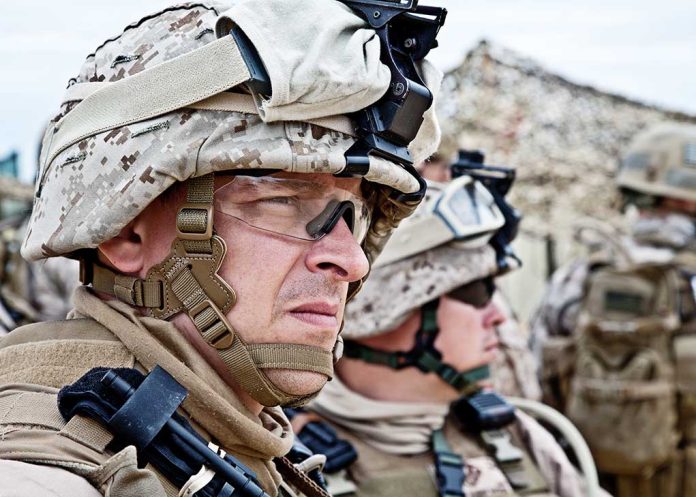
As debates regarding Diversity, Equity, and Inclusion (DEI) policies intensify, questions arise about their effects on the U.S. military’s recruitment and readiness.
At a Glance
- A study by Arizona State University suggests DEI efforts are ineffective within the military.
- Training on “unconscious bias” may contradict military ideals.
- DEI initiatives are seen as resource-consuming and divisive.
- The military faces a historical recruiting crisis due to DEI focus.
The Role of DEI in Military Operations
The Center for American Institutions at Arizona State University claims DEI policies in the U.S. military fail to achieve their objectives. This study argues such initiatives, which include training on social issues like “unconscious bias” and “intersectionality,” diverge from traditional military ideals. Efforts to integrate DEI into military staffing and education, including at prestigious academies like West Point, have spurred debate.
These DEI-focused programs are considered distractions that consume resources, fostering division instead of unity. The study highlights the influence of Critical Race Theory in military training, warning against a politicized military. Recommendations include implementing civic education that emphasizes America’s commitment to freedom.
Moderator: how does DEI effect military recruiting efforts
Hung Cao: 9/11 changed my life
😂
— Jake Rubinstein (@Jlrube) October 2, 2024
Resource Allocation and Influences
The Biden administration has increased military spending on DEI initiatives, raising allocations from $68 million in 2022 to $114.7 million in 2024. These resources were redirected towards addressing “implicit bias” and establishing DEI bureaucratic agencies. Reports suggest such initiatives provoke division, potentially threatening national security. Sen. Jack Reed acknowledged increased diversity but noted recruitment challenges and readiness issues persist.
“The Founders of our nation understood and feared a politicized military. History had shown them that a politicized army easily became the tool of tyranny. The Armed Forces of the United States has proudly upheld this long tradition of separating mission from politics,” said Donald Critchlow, director of the Center.
Amidst these challenges, the focus on DEI is criticized for not contributing to the military’s mission. Long-term impacts on recruitment and readiness remain a concern for advocates prioritizing military efficacy.
DEI Is Crushing Military Recruitment by Kevin Wallsten and @OwenWest91 https://t.co/ygEXuGA1tz via @WSJopinion
— Daniel Strand (@DDFStrand) October 25, 2024
Strategic Responses and Future Directions
Potential strategies involve reevaluating DEI policies’ prioritization against operational imperatives. Rationale suggests removing DEI offices could mitigate concerns, though political challenges might arise. The objective remains to ensure the military’s main role of national security through focused capability and readiness, reversing any trends of division caused by DEI initiatives.
“The massive DEI bureaucracy, its training and its pseudo-scientific assessments are at best distractions that absorb valuable time and resources. At worst they communicate the opposite of the military ethos: e.g. that individual demographic differences come before team and mission,” reads the University’s study.
Structured changes in leadership philosophies are anticipated to align recruitment strategies with threats to operation efficiency and effectiveness. This refocus is essential to maintain a mission-compatible force ready to address global security challenges.





